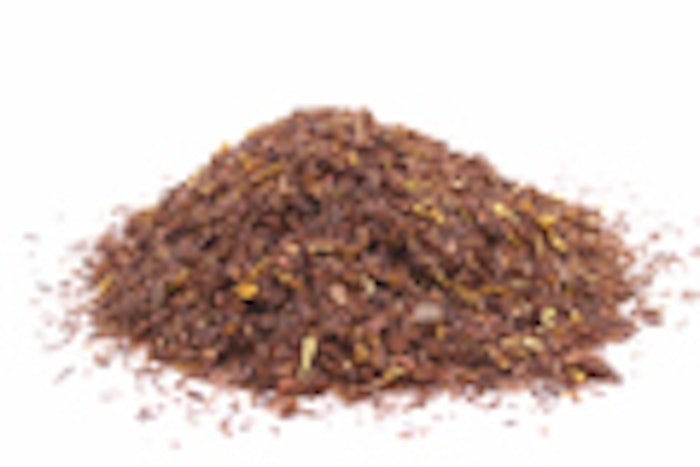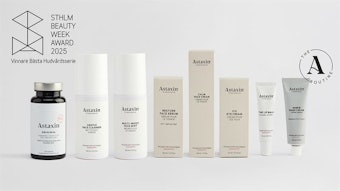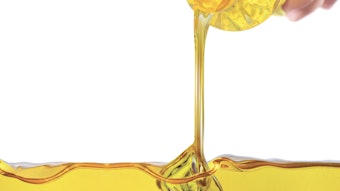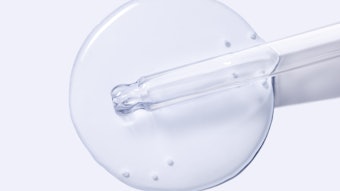
New research shows that white tea can be beneficial in supporting the body's elastic and collagen, as well as be helpful for other parts of the body.
Next time you’re making a cuppa, new research shows it might be wise to opt for a white tea if you want to reduce your risk of cancer, rheumatoid arthritis or even just age-associated wrinkles.
Researchers from Kingston University teamed up with Neal’s Yard Remedies to test the health properties of 21 plant and herb extracts. They discovered all of the plants tested had some potential benefits, but were intrigued to find white tea considerably outperformed all of them.
Professor Declan Naughton, from the School of Life Sciences at Kingston University in South West London, said the research showed white tea had anti-aging potential and high levels of antioxidants that could prevent cancer and heart disease. “We’ve carried out tests to identify plant extracts that protected the structural proteins of the skin, specifically elastin and collagen,” he explained. “Elastin supports the body’s natural elasticity, which helps lungs, arteries, ligaments and skin to function. It also helps body tissue to repair when you suffer wounds and stops skin from sagging.” Collagen is a protein found in connective tissues in the body and is important for skin, strength and elasticity, he added.
Results showed white tea prevented the activities of the enzymes that break down elastin and collagen, which can lead to wrinkles that accompany aging. These enzymes, along with oxidants, are associated with inflammatory diseases such as rheumatoid arthritis. Professor Naughton said, “These enzymes and oxidants are key components of normal body processes. However, in inflammatory conditions, suppressing the activities of these excess components has been the subject of decades of research. We were surprised to find such high activity for the white tea extracts in all five tests that were conducted.”
The researchers were blown away by exactly how well the white tea had performed. “We were testing very small amounts—far less than you would find in a drink,” Professor Naughton, one of the country’s leading specialists on inflammation, said. “The early indicators are that white tea reduces the risk of inflammation, which is characteristic of rheumatoid arthritis and some cancers, as well as wrinkles.”
Eight of the other plants and herbs analyzed also helped protect against the breakdown of both elastin and collagen. After white tea, bladderwrack performed well, followed by extracts of cleavers, rose, green tea, angelica, anise and pomegranate.
Pauline Hili, PhD, technical director for Neal’s Yard Remedies, said, “We are really excited by this research as it helps us to remain innovative and at the cutting edge of natural skin care. Celebrating the plants used in the Neal’s Yard Remedies products and understanding their specific actions on the skin is what it is all about. The Kingston University research program helps us to create safe, highly effective and cutting-edge products so it’s an ideal partnership for us.”
Journal reference: TSA Thring, P Hili, DP Naughton. Anti-collagenase, anti-elastase and anti-oxidant activities of extracts from 21 plants. BMC Complementary and Alternative Medicine, 2009, 9:27 (Aug 4, 2009)
Adapted from materials provided by Kingston University, via AlphaGalileo.
ScienceDaily, August 10, 2009










